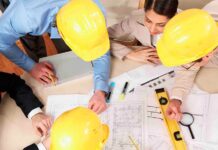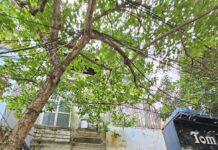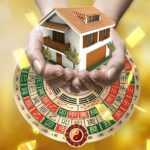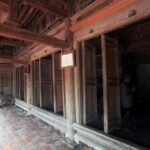In today’s highly competitive real estate market, homebuyers need to be cautious about more than just price, location, and legalities. Choosing the right floor is equally crucial to avoid future hassles. Many homebuyers have regretted their decision for years due to ending up with an unlucky floor.
Indeed, industry experts and seasoned professionals have warned against purchasing apartments on the 3rd, 7th, 13th, and 17th floors, as these floors present numerous technical and experiential drawbacks. Here are some compelling reasons to reconsider before buying a property on these floors:
Floors with U-shaped steel beams – The hidden danger in condominiums
One often-overlooked factor when choosing a floor is the presence of U-shaped steel beams. According to structural engineers, these beams are used to reinforce the building during construction. However, if not properly installed and maintained, they can lead to several issues:
Wall cracks and severe water leakage if the building’s technical specifications are not met.
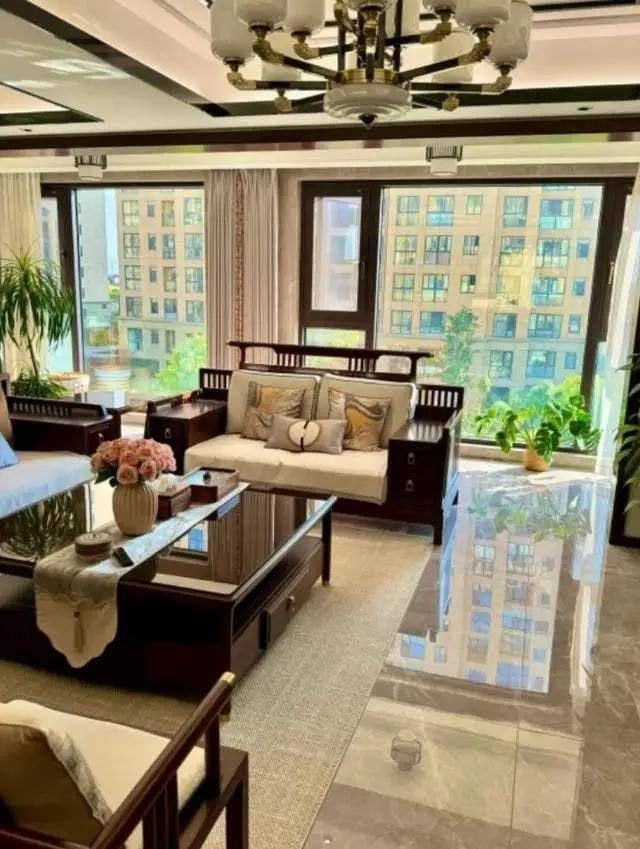
Costly repairs that involve breaking and rebuilding, impacting the building’s structure.
Potential floor deformation and peeling over time, directly affecting the safety of residents.
Since the 3rd, 7th, 13th, and 17th floors often fall into this category, buyers should request clear technical drawings from developers to make an informed decision.
Floors with “waistlines” – Aesthetics vs. Functionality
To enhance the building’s aesthetic appeal, some developers add “waistlines,” or protruding decorative bands, on certain floors. However, these waistline floors come with their own set of problems:
They tend to accumulate dust, debris, and moisture, leading to mold and leakage issues if not regularly maintained.
The waistlines block natural light and ventilation, affecting the overall lighting and airflow in the apartment.
Poorly installed decorative bands can peel off, posing safety hazards to residents below.
Unlucky floors from a technical and Feng Shui perspective
Apart from technical considerations, some buyers also take Feng Shui, or wind and water, into account when choosing a floor. While some may consider it superstitious, there are practical reasons why certain floors are considered unlucky:
2nd Floor – The “Backflow” Floor
The second floor is prone to sewage backflow from upper floors due to blocked pipes, resulting in persistent damp walls and foul odors. This can compromise the building’s structure and is extremely challenging to rectify completely.
Technical Floors – Noise Pollution and Maintenance Hassles
These floors house equipment such as pumps, electrical rooms, and elevators, serving the entire building. However, residents on these floors often experience:
Constant noise, especially at night, disrupting peace and comfort.
Cramped spaces that make it difficult to perform repairs or address technical issues.
Top Floor – The Risk of Leaks and Premature Degradation
The roof or top floor carries a higher risk of water intrusion due to poor waterproofing, which becomes evident a few years after construction. Complex electrical and plumbing systems can also cause ceiling and wall cracks. Residents on this floor often incur higher maintenance and repair costs to maintain their quality of life.
How to Avoid the Trap of Unlucky Floors when Buying a Property
To ensure a safe and pleasant living experience, homebuyers should consider the following:
Visit the property at different times of the day and on rainy days to check for lighting, odors, and water drainage issues.
Request technical drawings from the developer to identify and avoid floors with U-shaped steel beams.
Pay close attention to the building’s exterior, avoiding floors with protruding decorative features.
Hire professional inspectors to identify any hidden defects before taking possession of the property.
Opt for reputable developers who offer well-known brands and clear warranty policies.
Avoiding the 3rd, 7th, 13th, and 17th floors is not just a superstition but a practical consideration based on construction and real estate industry experience. Being a discerning homebuyer means making wise choices from the outset to prevent future regrets.
3 Things You Should Never Throw Away, and 4 Things You Should Never Bring Home.
Introducing a unique perspective on valuable possessions: a twist on what we deem worthless and worth our while. Imagine a world where the discarded holds hidden treasures, and expensive items may not always be worthy of our hard-earned cash. This intriguing concept unveils a captivating list of 3 worn-out items to cherish and 4 pricey purchases to avoid. Prepare to challenge your perceptions and discover the unexpected!





















